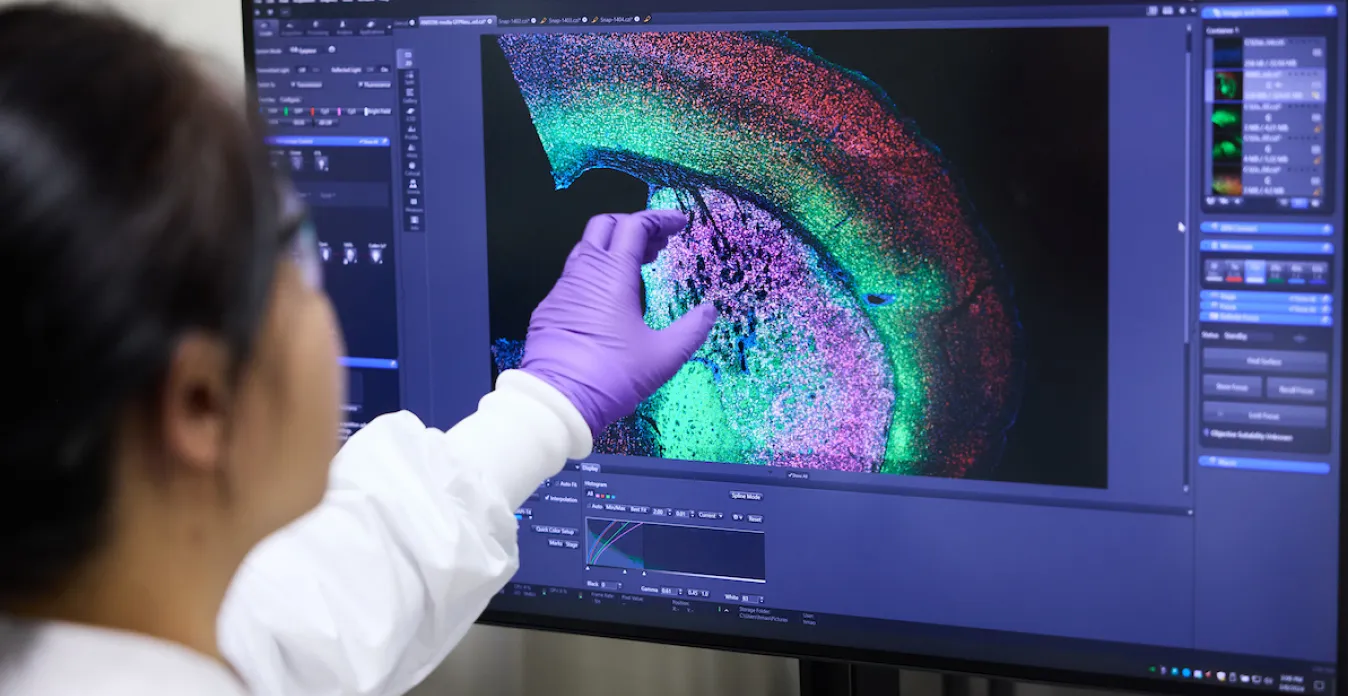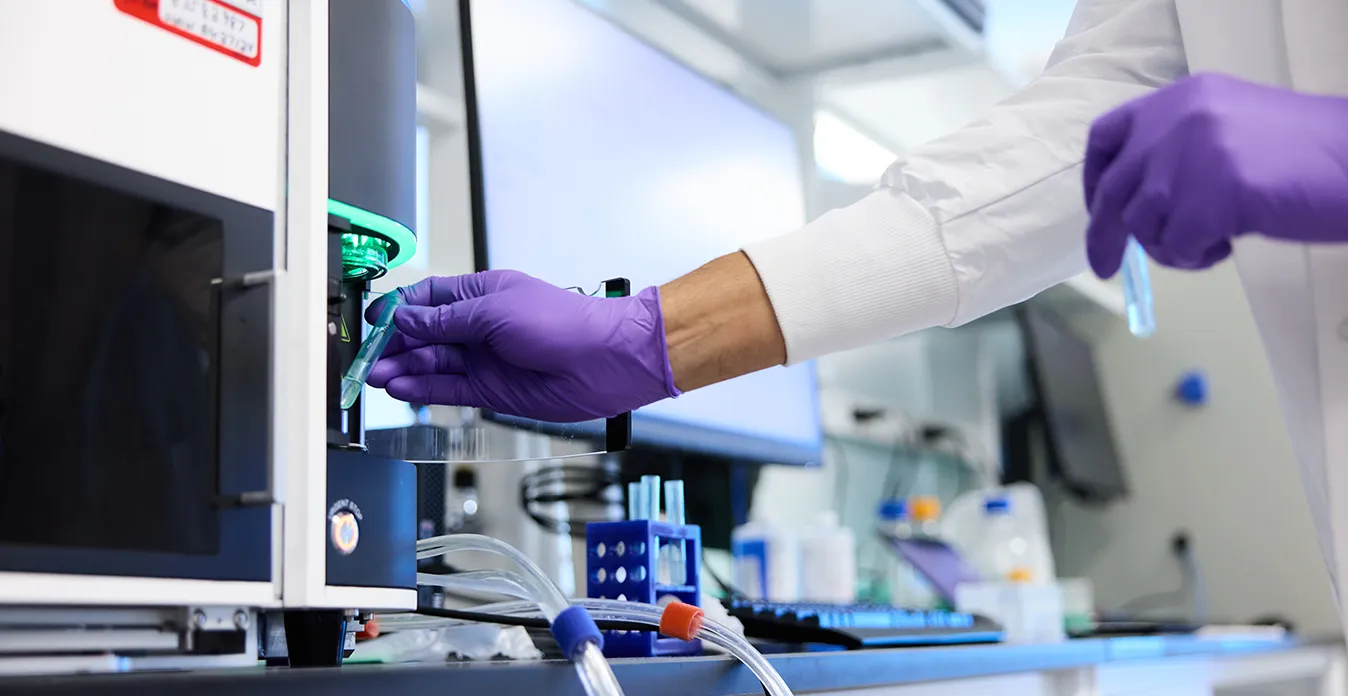Meet Our Team of Industry Experts at Life Edit
Leadership


Shaorong (Ron) Chong, Ph.D.
VP, Gene Editing, Technology Development

Joel Parker, Ph.D., M.S.
VP, Computational Biology & Bioinformatics


ElevateBio Founders
Life Edit is ElevateBio’s business focused on advancing next-generation gene editing technologies. Learn more about the ElevateBio founders.



Vikas Sinha, MBA
Member, Board of Directors and Chair of the Audit Committee
Scientific Advisory Board

Joy A. Cavagnaro, Ph.D., DABT, Fellow ATS, RAC, FRAPS
President and Founder of Access BIO
Read Joy A. Cavagnaro, Ph.D., DABT, Fellow ATS, RAC, FRAPS’s Bio

Ben Kleinstiver, Ph.D.
Associate Professor, Massachusetts General Hospital & Harvard Medical School, Kayden-Lambert MGH Research Scholar

Rahul M. Kohli, M.D., Ph.D.
Associate Professor & Penn Scholar in Molecular Medicine Division of Infectious Disease, Department of Medicine, Department of Biochemistry and Biophysics

Research Team
Technology Development
The Technology Development group at Life Edit discovers novel genome editing systems, and engineers a wide spectrum of editing modalities to support development efforts for in vivo and ex vivo gene edited therapies. Specifically, our team works closely with Computational Biology team to identify and validate novel enzymes and systems from our large collection of metagenomic protein databases. Leveraging protein language models and machine learning, we design smart libraries and engineer gene editing systems with desired properties such as high activity and stringent specificity through directed evolution and high-throughput screening.
We understand the importance of discovering and advancing new technologies and strive to stay cutting edge as the pharmaceutical and biotech industry is constantly evolving. The technology development group has played an important role in transforming the way drugs are discovered, developed, and delivered to patients.

Computational Biology & Bioinformatics
Computational Biology & Bioinformatics at Life Edit supports protein discovery, engineering, and therapeutic optimization to produce genetic medicines. We leverage a vast protein catalog constituting a harmonized collection of isolated organisms and metagenomes to identify novel proteins. We employ generative and structural AI toward in-silico screens and to facilitate protein design. Next-generation sequencing (NGS) of amplicons, whole genomes, and whole transcriptomes then drives decision making to optimize safety and efficacy. With state-of-the-art computational resources and expertise, their integration with high-throughput laboratories drives the development of safe and efficacious genetic medicines.

Genome Editing
The Genome Editing team at Life Edit works to devise gene editing strategies for targets of interest, execute editing screening campaigns, and perform hit-to-lead activities including in vitro proof-of-concept and mechanism of action studies, and performs off-target analyses to ensure the safety of our therapies. Our team collaborates closely with Corporate Development to help identify novel therapeutic targets, as well as with the Computational Biology, Technology Development, and Preclinical teams to deploy Life Edit’s array of genome editing systems and move lead editing compositions into animal models.
Life Edit has a powerful suite of gene editing technologies to accelerate the development of life-changing and curative therapies for patients. We are uniquely positioned to develop targeted editing medicines for each disease with our full spectrum of gene editing modalities, which include double-strand breaks, base editing and reverse transcriptase editing to modify gene targets both in vivo and ex vivo.

Hear what our team is saying
“As someone who has always wanted to use genetic engineering to solve real world problems, Life Edit is the place where I know I have the people and the expertise around me to make a meaningful contribution to modern medicine.”

Jake Deslauriers
Scientist I, Gene Editing
“From therapeutic developments to contributing to the technology behind gene editing, our pursuits are aligned with Life Edit’s goal of revolutionizing healthcare and delivering curative therapies for patients living with rare genetic diseases.”

Gunjan Arya
Project Manager
"Every day is exciting; hearing the advancements, the progress of our internal pipeline and partnerships - the breakthroughs we are making… it's incredible knowing their weight and potential of the lives of patient."

Tim Schwochert
Scientist II, Protein Chemistry
“I think in terms of being a great partner, our past experiences on what we've been able to accomplish in such a short amount of time shows how hard we work and how innovative some of our scientists are.”

Allie Crawley
Associate Director, Computational Biology
